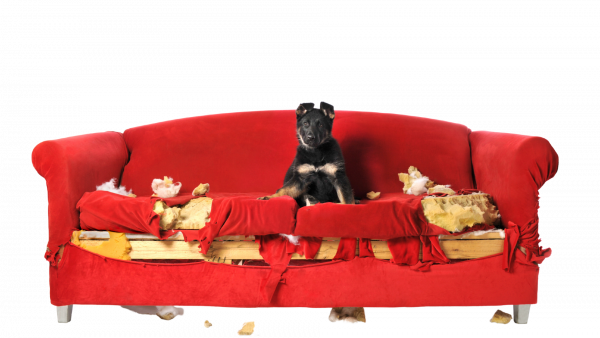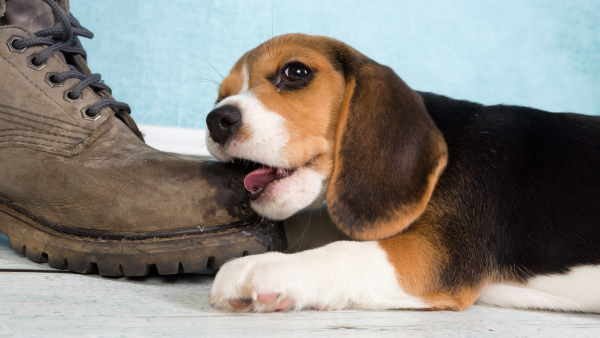Understanding Puppy Biting: You Just Brought Home a Baby Land Shark
Congratulations on bringing home a new puppy! You’re in for lots of cuddles, laughter, and endless fun. However, there is a common issue that most puppy owners face, and that is the problem of puppy biting and chewing. It may not be pretty, but it’s completely normal behaviour, and it’s something you have to address sooner rather than later. In this blog post, I’ll share some helpful tips on why puppies bite and chew things to help you understand why they do this behaviour. So, without further ado, let’s dive in!
Over Tired
Puppies need plenty of sleep during their first year of life, approximately 18-20 hours. Many puppy owners experience biting behaviour when their puppies just aren’t getting enough sleep. They become irritable, cranky, and unable to control their biting reflexes. It would be best to keep a consistent sleep routine for your puppy, provide enough nap times, and make a fun crate or den area for the puppy so they have somewhere to relax, undisturbed. Sleep is also crucial for their developing brain to download all the information too!

Overstimulated:
Just like adults, puppies can become overstimulated with too much going on in their surroundings which can lead to biting behaviour. For instance, if you have children in the house and they become overly excited around the new puppy, it’s crucial to keep an eye on the puppy’s behaviour and remove them from the situation if need be. Lot’s of fast moving hands and touching can seem like a great play opportunity for your puppy! Give them that safe space and if you see them getting over excited, call them away early so they’re not practicing those unwanted behaviours.
Boredom:
Dogs crave stimulation, whether it’s physical, mental, or emotional. When they become bored, they’ll chew and bite anything within their reach. It’s essential to provide your puppy with plenty of enrichment, such as Kong, puzzle games, sniffing games or even a little 5 minute training session to keep them mentally engaged. And here is a bonus tip: swap your puppy’s chews out every day – keep a stash of 3 or 4 safe chews and rotate them so that your puppy won’t become bored with that same old chew that has been lying in the toy basket all week!

Puppyhood:
It’s always essential to remember that your puppy is in its formative stage. This means that puppy biting is a normal behaviour they’ll eventually outgrow. Don’t forget they explore with their mouth and they have a whole 42 teeth coming through in the following weeks! It’s crucial to provide your puppy with enough love, care, alternatives and training to help them mature into a happy adult dog.
In conclusion, puppy biting is an issue that all owners face with their puppies. Your new furry friend might feel the need to chew, bite, or nip, either due to over-tiredness, boredom or because they’re a puppy with good reason as they need an outlet when their new teeth are coming through. As a puppy owner, it’s crucial to understand that this behaviour is normal, and with patience, consistency, and positive reinforcement, you can channel your puppy’s energy into more acceptable behaviour. We hope these tips help you with your baby land shark. If you want help addressing the puppy biting issues you’re facing then reach out to a qualified dog trainer to help you today 🙂


